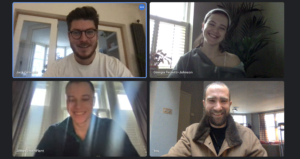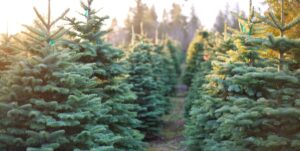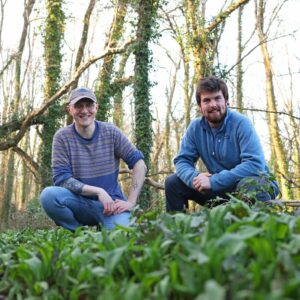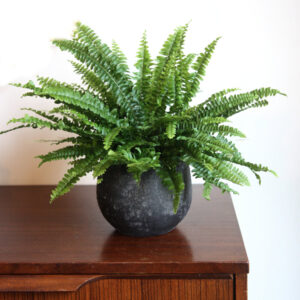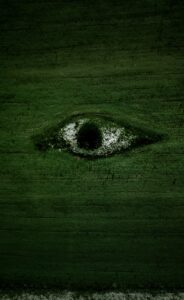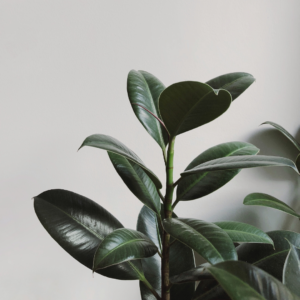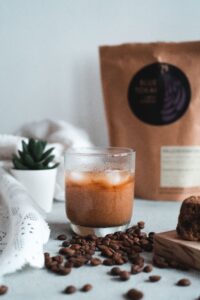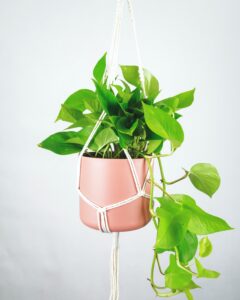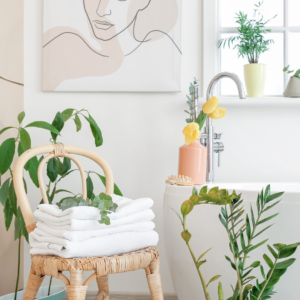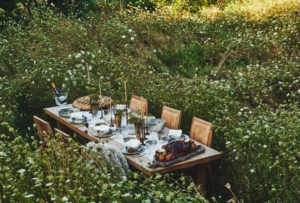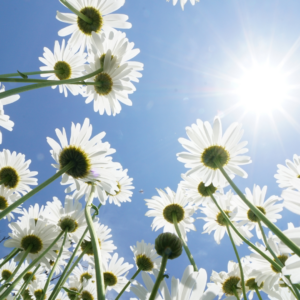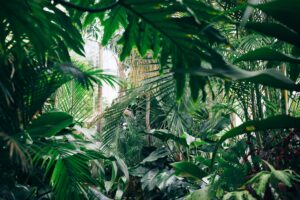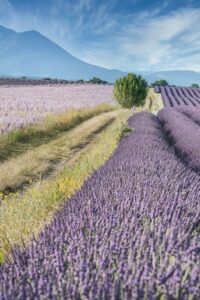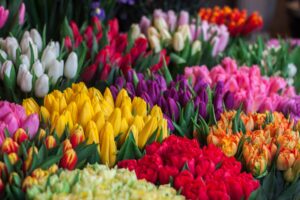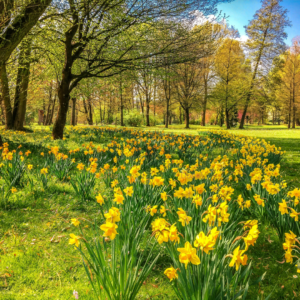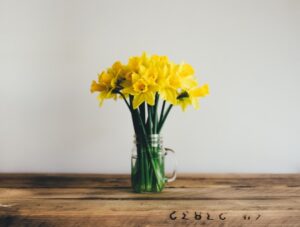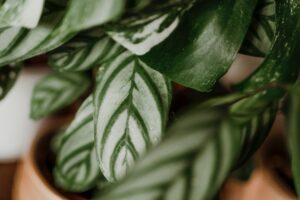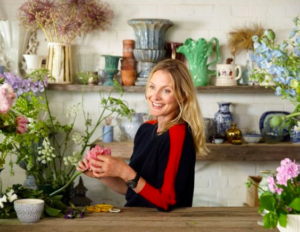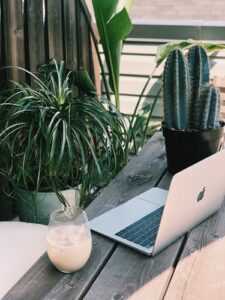Our April box, Bee Kind, is a celebration of the nature’s key workers, the bees. A super star pollinator, and the essential soundtrack to a summer’s day, these furry, bumbling creatures are pretty amazing. But did you know that we have a lot more in common with the bees than you might think?
Just as we are attracted to the smell of a good pot of coffee or a floral bouquet, bees are attracted to flowers in part due to the scents they give off, which normally signals nectar. Plants actively produce these smells to encourage pollinators to visit them in order to spread pollen and fertilise surrounding plants to create a broader gene pool. If a plant produces a particularly delectable scent, more bees will come check them out, then in turn take the nectar, and create more of their kind. Pretty remarkable huh?
What is remarkable is that bees and humans are encouraged by the very same bodily chemical release when they get a whiff of a delicious flower. That chemical is dopamine. Dopamine acts as a chemical reward and promotes motivation, memory retention, increases attention, regulates body movements and, in large amounts, brings feelings of pleasure. Those smells we enjoy so much encourage dopamine release and so, just in the same way we are drawn back to floral scents we love, so are the bees.
This does make me wonder…are plants really the puppet master? Directing both us and the bees and utilising our own chemical responses to encourage pollination through their gorgeous smells.
Different scents have an important influence on how we can feel. Sigmund Freud realised that scents unlocked our sub conscience, and can evoke memories and places, as well as improving mood and sleep…our relationship with plants runs deep, another thing we share with the bees who are solely reliant on these plants to survive as, in turn, are we reliant on the plants they pollinate.
I find all this fascinating and we are thrilled to be shining a light on natures key workers this month. We thought we would pull together a few plants that are held in equally high regard by both us and the bees:
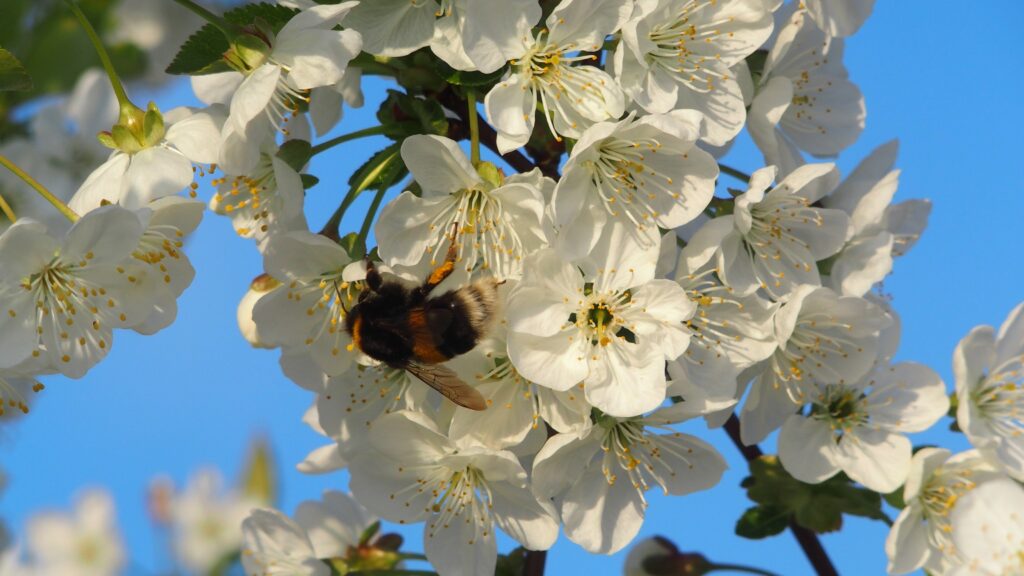
Lavender
Humans: The smell of lavender has been proven to lower our stress levels and improve sleep. Putting a few sprigs in your bath or keeping it by your bed is a good idea to help soothe you and aide a restful sleep.
Bees: Bees go wild for lavender. A studied showed that they were one of the most popular plants for attracting both the bumble & honey bee.
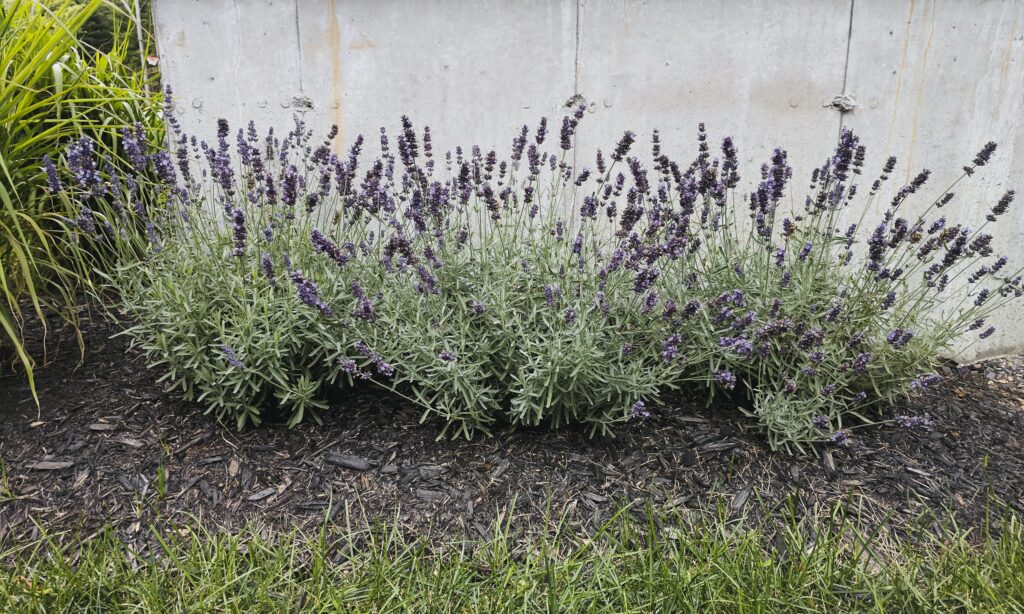
Rosemary
Humans: Not only a delicious herb to eat, the scent of rosemary helps to boost levels of dopamine in our bodies, boosting
Bees: Rosemary is a flowering herb bush so bees love the purple flowers, as well the bushiness offering a nice place to rest.
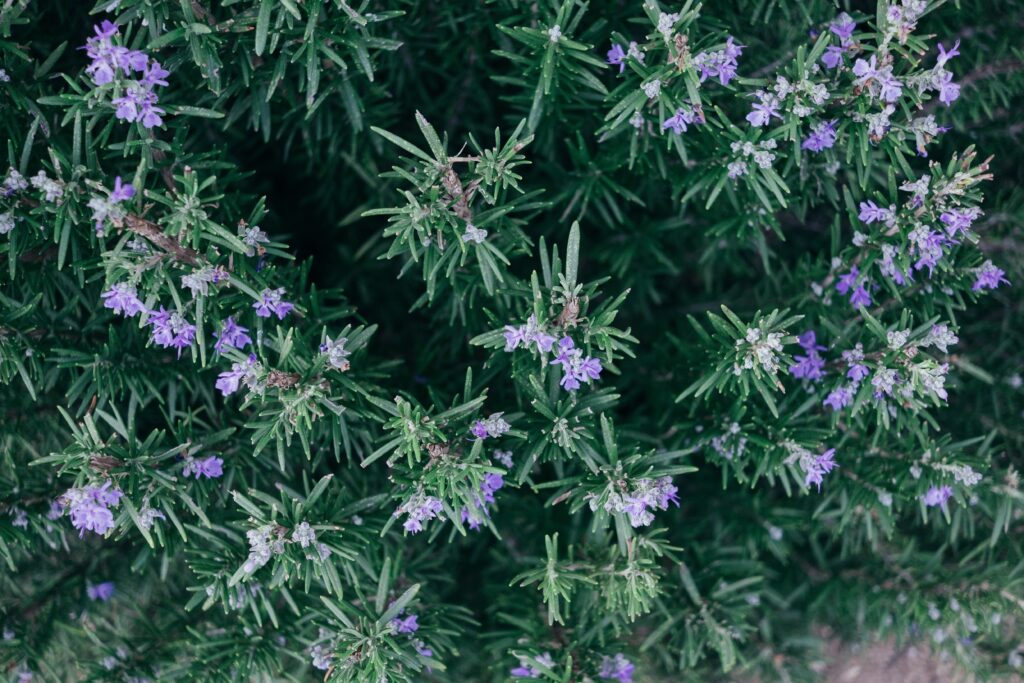
Rose
Humans: Shown to reduce levels of stress and create a sense of calm.
Bees: Absolutely love ‘em, due to the abundance of nectar and the apparent ease of access.
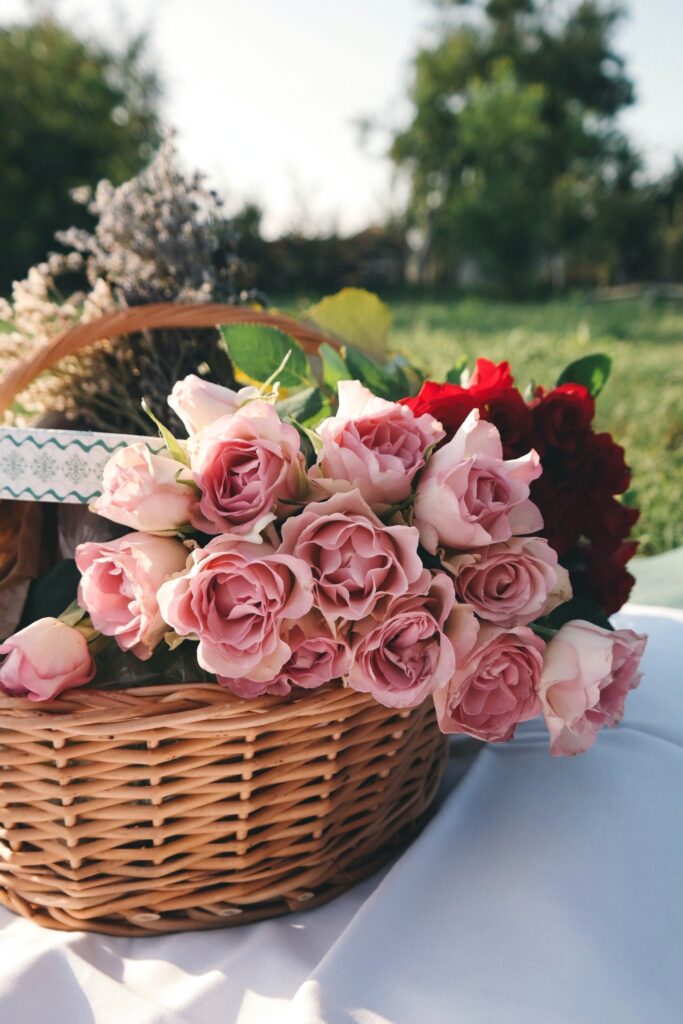
Planting all off the above will be great in creating a bee friendly garden (both to bumble and honey bee) and fill your garden with a mix of beautiful scents. Next time you see a bee buzzing around your plant, take it as a huge compliment as they are enjoying the sweet scent just as much as you!
Keep your eyes peeled for these utterly amazing pollinators this month. They are waking from their winter slumber and readying themselves for a busy spring.
We are so very happy to be focussing on them for our “Bee Kind” box. From their produce to the plants they love we can guarantee you will be getting a good dose of scents, sights and tastes to highlight why the bees are so intrinsic to the fabric of our world.
If you havent signed up yet, we think you probably should. Not only will you be supporting the bees but you will also be encouraging them to get pollinating this spring with the gorgeously scented plant we have going into this box. More to come on that one, but in the meantime you can use the code below to unlock 20% off your first box:
BEEKIND20

